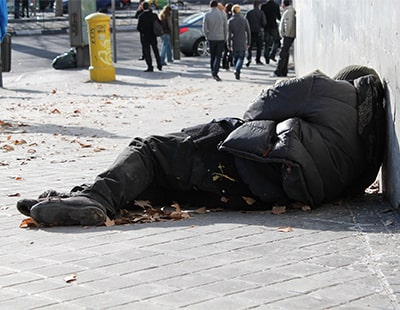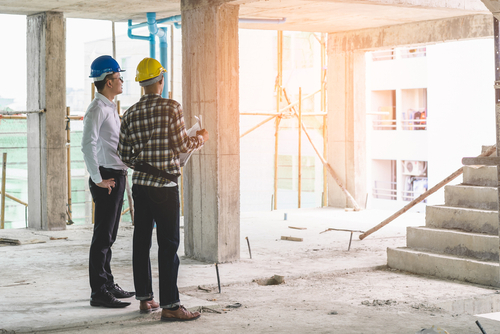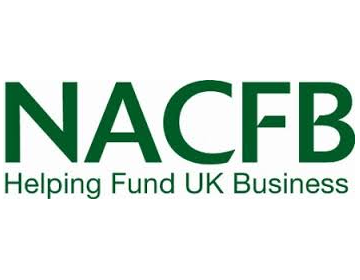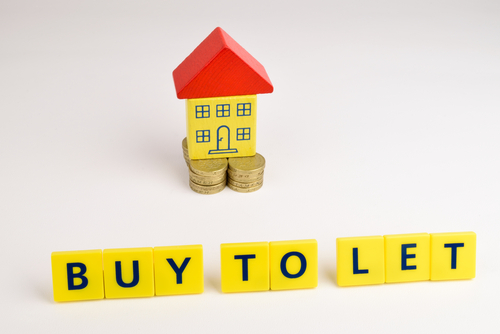The housing industry, like many other sectors, experienced a tumultuous 2021 as the pandemic continued to trigger exponential house price rises. At the same time, households across the UK have been faced with increasing financial pressures, with the threat of the Omicron variant still ongoing.
As a result, the recent news of the Christmas-period ban on mortgage lenders conducting repossessions coming to an end will leave many families without a home.
In fact, predictions estimate that the end of this ban could leave tens of thousands of homeowners in the UK facing evictions. This in combination with ongoing fears of a cost-of-living squeeze throughout 2022, means that there is an urgent need to improve the provision of both Affordable and Supported Housing to ensure that no family is left without a home.
Tackling the homelessness crisis
The end of the ban on repossessions will likely see the UK’s homelessness crisis significantly worsen. More than 70,000 households were in arrears on their mortgage repayments as the ban came to an end this January, leaving them all at risk of eviction. As the ban ends, households are already experiencing significant financial difficulties with mortgage payments set to increase. For example, millions of those on tracker-rate mortgages have already experienced a bill increase by an average of £186.
In addition, households are facing a severe cost-of-living crisis and wider financial pressures. Tax changes in April could see household bills increasing by £600 while families already face a potential 50% rise in soaring energy bills. With inflation hitting its highest rate in nearly three decades, it is becoming increasingly clear that these financial difficulties are set to continue for much of the year ahead.
The combination of these financial challenges and the end of the repossessions ban will leave many at risk of homelessness. With rough sleeping levels already 141% higher than in 2010, it is a matter of urgency to address this upcoming rise in homelessness the end to this ban could trigger.
Providing for the most vulnerable
In order to address the rising homelessness crisis, it is essential to increase the provision of Supported Housing to ensure the most vulnerable members of our communities have access to a home. The need for Supported Housing is already significant with 600,000 people in the UK relying on it at any one time. The pandemic has vastly increased this need by leaving the most vulnerable members of society at increased risk of homelessness. In fact, 6 million adults in the UK now fear homelessness as a result of the pandemic.
At the same time, the provision of accommodation for those facing homelessness has seen a significant reduction. Housing Justice, the biggest provider of voluntary sector shelters, reported the number of bed available across 2021 were only 950, a significant decrease from the 2,100 available before the pandemic. This has left the most vulnerable members of society without access to a safe home at a time when they have needed it most.
With the end of the repossessions ban set to increase this risk of homelessness, it has never been of greater importance to increase the provision of Supported Housing. In fact, demand for Supported Housing is projected to rise by 125,000 by 2030 and it is essential this demand is met.
However, local authorities cannot be left to face this alone. Partnerships can facilitate the delivery of this essential housing. For example, at HSPG our partnerships with local authorities, such as Manchester City Council, enable the delivery of Supported Housing. This ensures that everyone has access to a home and also supports local authorities in meeting their obligations under the Homelessness Reduction Act to provide housing for those who need it.
Partnerships such as these will be essential to facilitating the much-needed delivery of Supported Housing and ensuring the most vulnerable members of our communities have a safe and secure home.
Meeting demand for Affordable Housing
At the very moment that the end of the eviction ban is set to leave many households facing the threat of homelessness, the need for Affordable Housing has never been more urgent.
The pandemic has seen house prices rise by nearly £24,000 in 2021 alone – the biggest increase ever recorded in a single year in cash terms. These soaring prices are showing no sign of slowing in 2022 with January seeing house price growth increasing a further 11.2%. As prices have risen, Affordable Housing provision has not kept pace. In fact, the construction of new affordable homes fell by 7% between April 1 and September 30 last year.
With more households facing homelessness than ever and house prices stretching further away from reach, it has become a matter of urgency to increase this provision of housing.
Alternative solutions may be the answer to this widening gap in the supply of Affordable Housing. For example, at HSPG we have undertaken a variety of projects to convert disused retail space into much needed housing. One such project repurposed an old William Hill shop into flats for people who had experienced domestic violence. In order to ensure everyone has access to a safe and good-quality home, the housing industry must embrace such alternative projects.
The end of the repossession ban serves as a stark reminder of the need to increase the provision of both Affordable and Supported Housing. With rising house prices showing no sign of slowing down and financial pressures only set to increase, it is more important than ever to ensure everyone has access to a safe and affordable home. More and more households are facing eviction making the provision of this housing essential in order to ensure everyone has access to a home when they need it most.























Join the conversation
Be the first to comment (please use the comment box below)
Please login to comment